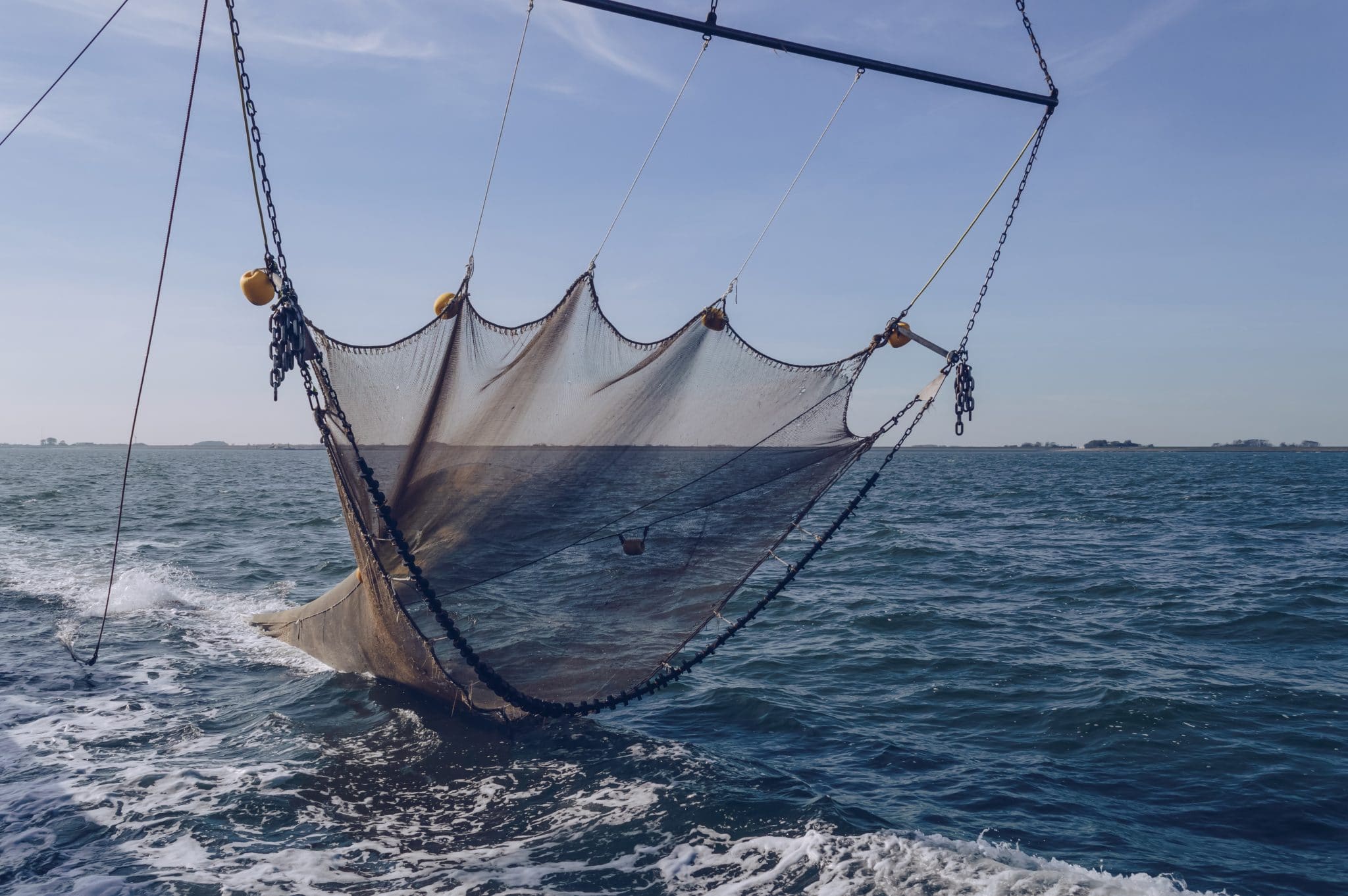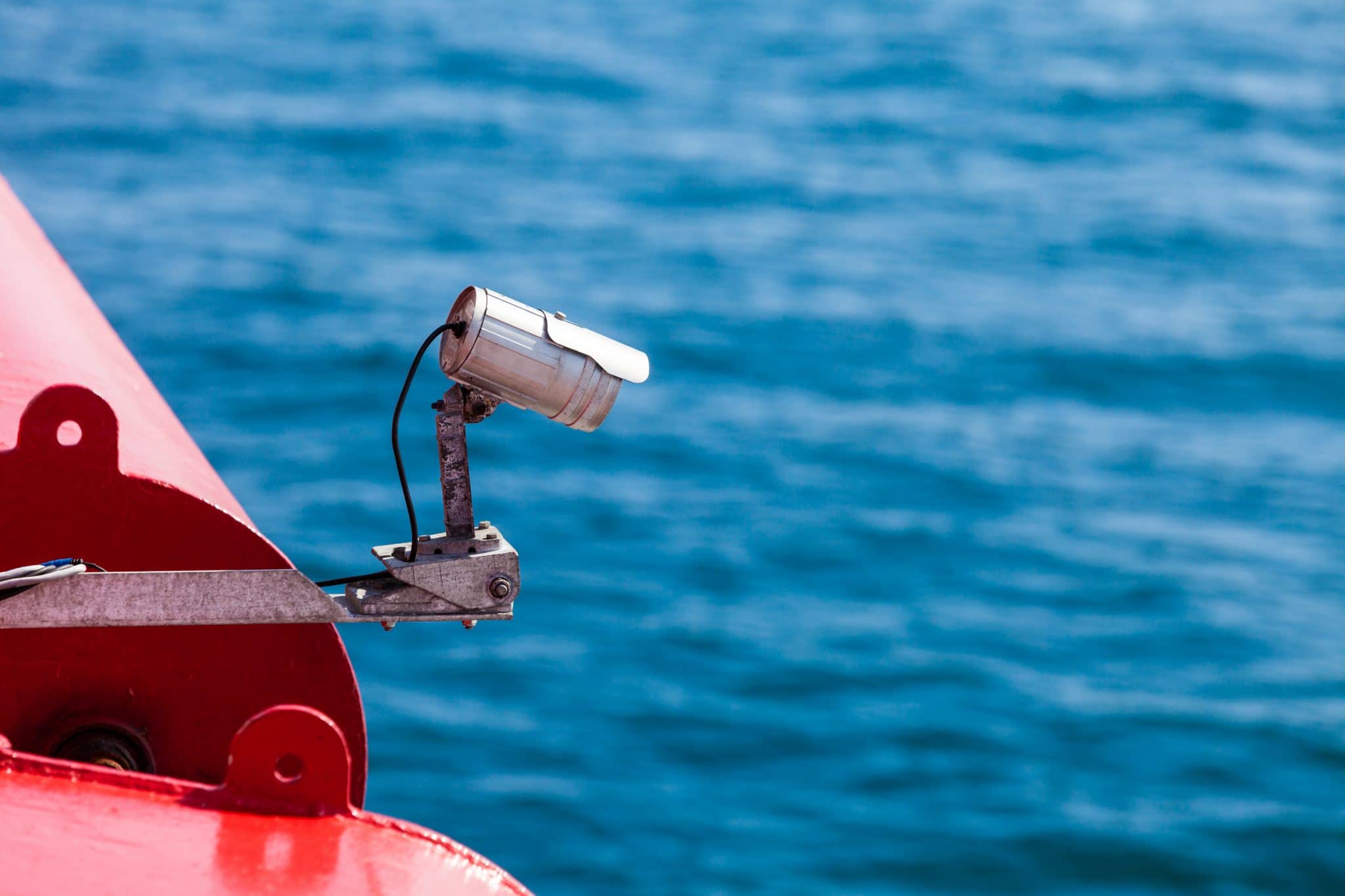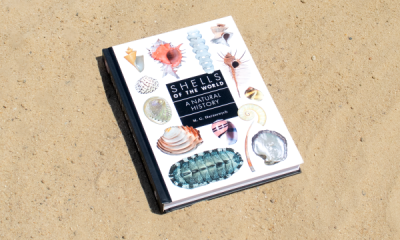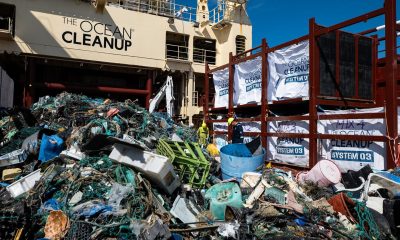Marine Life & Conservation
UK fisheries urgently need improvement
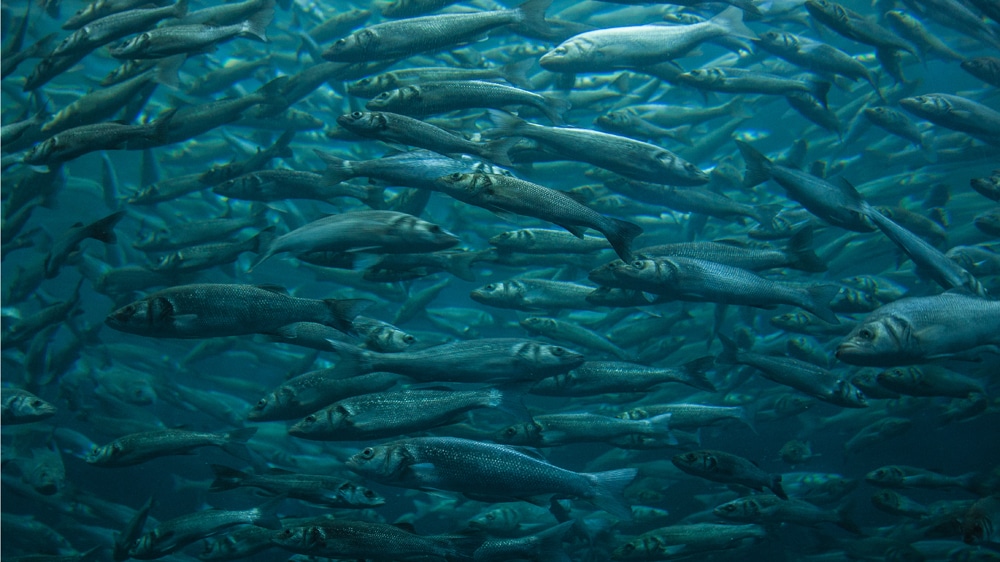
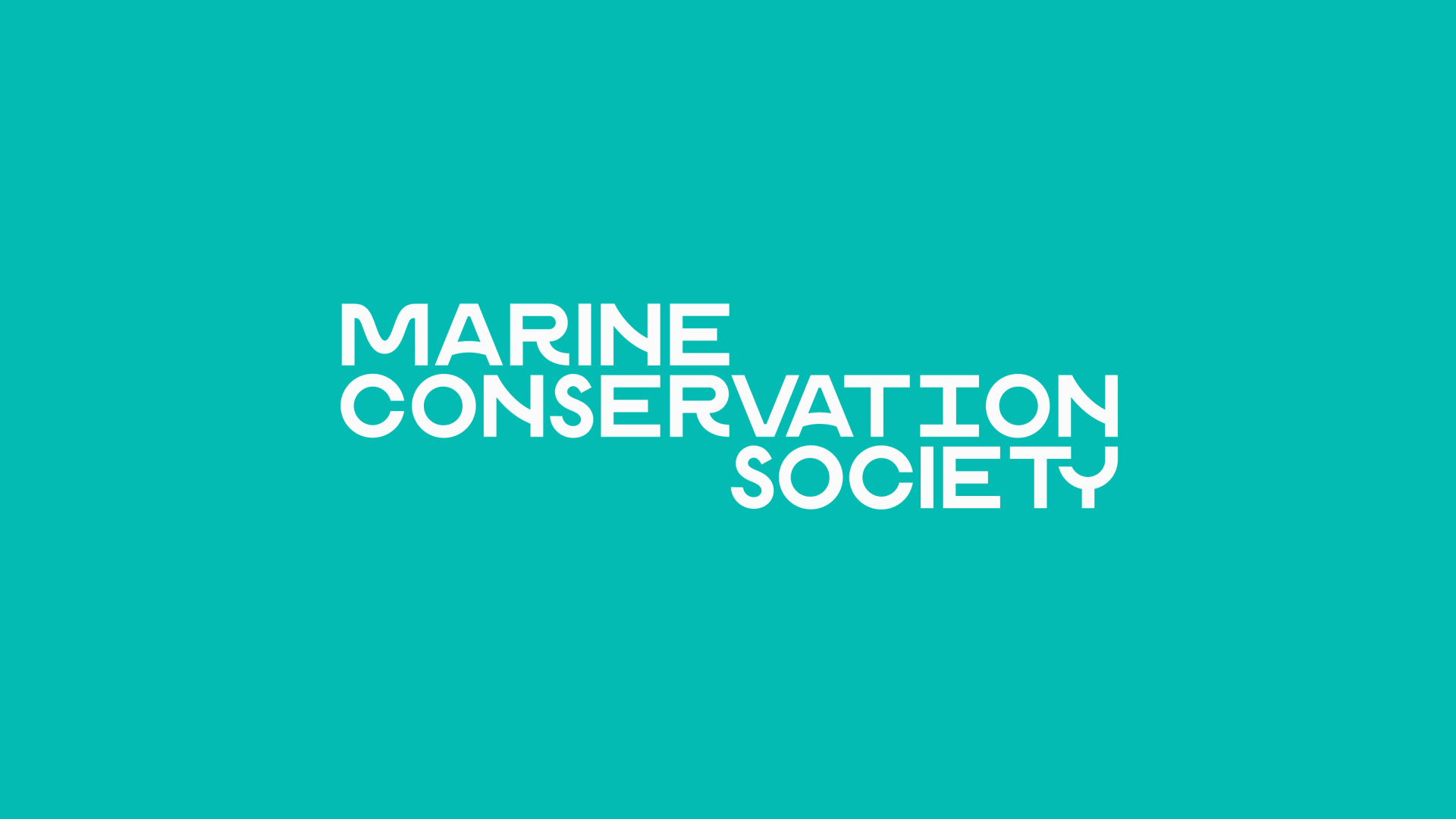 The Marine Conservation Society has released its biannual update to the Good Fish Guide, the charity’s one stop shop for sourcing ocean friendly seafood.
The Marine Conservation Society has released its biannual update to the Good Fish Guide, the charity’s one stop shop for sourcing ocean friendly seafood.
Seafood is rated Green (Best Choice), Amber (needs improvement) or Red (Fish to Avoid). The ratings consider how and where it was caught or farmed, painting a picture of the impact of our seafood.
With some UK species going straight onto the charity’s ‘Fish to Avoid’ list, it could not be clearer: UK governments must urgently deliver better management if sustainable
Gareth Cunningham, Head of Fisheries and Aquaculture at the Marine Conservation Society said: “As a newly independent coastal state, and on a global stage in the run up to COP26, we have the opportunity to show real leadership and be the first nation in the world to set a course to deliver sustainable fisheries.
“All UK Governments must ensure that fisheries management takes a holistic approach, recognising that the UK’s waters are changing due the impacts of climate change. Whilst some species may flourish in warming waters under the right management, others will not fare so well.”
A total of 21 ratings on the charity’s Good Fish Guide worsened, including
Some new species added to the guide went straight to the red list, including UK-caught squid, which currently has no management in place to help protect stocks. American lobster is also a Fish to Avoid, (unless MSC-certified) owing to poor management and concerns about bycatch of the critically endangered northern right whale. All cod populations in UK seas are at low levels, and most are declining further. All ratings for cod, one of the UK’s favourite fish to eat, either failed to improve, or got worse.
Bycatch of seabirds, porpoise, and sharks in the southwestern UK, endangered golden redfish in the Arctic, and cod in the North Sea and Irish Sea, are all of major concern to the Marine Conservation Society. The accidental capture of various marine animals has affected the Good Fish Guide’s ratings for species including haddock and coley in the Arctic.
Charlotte Coombes, Good Fish Guide Manager, said: “The latest ratings update for the Good Fish Guide really highlights the impact of poorly managed fisheries on the state of our seas, with so many new ratings going straight onto our Fish to Avoid list. However, there are glimmers of hope, with 20 ratings improving in the latest update, showing that where good management exists, we can recover our seas.”
On the charity’s Guide, 20 ratings improved, including English Channel sprat and North Sea whiting. Farmed scallops in England join Scottish farmed scallops on the Best Choice list, thanks to their low environmental impact. Hand-dived scallops from Lyme Bay also make a new entry onto the charity’s Best Choice list.
Gareth Cunningham: “There are clear opportunities to improve UK fisheries. Through adoption of fully documented fisheries and Fisheries Management Plans, UK seafood could be made sustainable for many years to come. Our ratings provide yet more evidence that the UK Governments must act now, or risk tipping the balance too far.”
What does ‘good management’ look like?
European Hake is now green rated on the charity’s Good Fish Guide, but in the early 2000s stocks of the fish were at an all-time low. With high catches and very little management, European hake was a red-rated Fish to Avoid.
Recognising this, catch limits and a Fishery Improvement Project were brought in. Not only have stocks now recovered, but hake fisheries have improved their environmental credentials by swapping bottom towed nets for static nets with ‘pingers’, to deter porpoises from the area, helping to reduce the risk of accidental bycatch.
The charity calls for more data
Without fully documented fisheries, it’s impossible to make informed recommendations on catch limits and wider management measures. The Marine Conservation Society has repeatedly called for the implementation of Remote Electronic Monitoring with cameras (REM), on all fishing vessels as set out in the Fisheries Act, 2020. Disappointingly, Westminster is yet to take action.
REM would help in identifying high levels of bycatch, and ensure management is appropriate and effective. The charity is calling for Fisheries Management Plans to be put in place across the UK for all commercially caught species, with species on the red list, like cod, herring and squid, given urgent attention to help reverse their fortunes.
Visit the Good Fish Guide website, www.goodfishguide.org
Blogs
The Ocean Cleanup Breaks 10,000,000 KG Barrier

The Ocean Cleanup, the global non-profit project, has removed a verified all-time total of ten million kilograms (22 million lbs.) of trash from oceans and rivers around the world – approximately the same weight as the Eiffel Tower.
To complete its mission of ridding the oceans of plastic, The Ocean Cleanup uses a dual strategy: cleaning up the Great Pacific Garbage Patch (GPGP) to remove the plastic already afloat in the oceans, while stopping the flow of plastic from the world’s most polluting rivers.
Through cleaning operations in the GPGP and in rivers in eight countries, the cumulative total of trash removed has now surpassed ten million kilograms. This milestone demonstrates the acceleration of The Ocean Cleanup’s impact, while underlining the astonishing scale of the plastic pollution problem and the need for continued support and action.
While encouraging for the mission, this milestone is only a staging point: millions more tons of plastic still pollute our oceans and The Ocean Cleanup intends to continue learning, improving and innovating to solve this global catastrophe.
This announcement comes as governments from around the world meet to continue negotiations to develop a new legally binding instrument to end plastic pollution at INC4 in Ottawa, Canada. Representatives of The Ocean Cleanup will be in attendance and the organization will be urging decision-makers to collaborate towards a comprehensive and ambitious global treaty which addresses plastic at all stages of its life cycle and in all marine environments worldwide, including in areas beyond national jurisdiction.
It is encouraging to see that the need for remediation is reflected in the various options for potential treaty provisions. It is essential that the final treaty contains clear targets for the remediation of legacy plastic pollution, and reduction of riverine plastic emissions.
Tackling plastic pollution requires innovative and impactful solutions. The treaty should therefore incentivize the innovation ecosystem by fostering innovations that make maximal use of data, technology and scientific knowledge – such as those designed and deployed by The Ocean Cleanup.
‘After many tough years of trial and error, it’s amazing to see our work is starting to pay off – and I am proud of the team who has brought us to this point.’ said Boyan Slat, Founder and CEO of The Ocean Cleanup. ‘While we still have a long way to go, our recent successes fill us with renewed confidence that the oceans can be cleaned.’
The Ocean Cleanup was founded in 2013 and captured its first plastic in 2019, with the first confirmed catch in the GPGP coming soon after the deployment of Interceptor 001 in Jakarta, Indonesia. After surpassing one million kilograms of trash removed in early 2022, the non-profit project has since progressed to the third iteration of its GPGP cleaning solution, known as System 03, and a network of Interceptors currently covering rivers in eight countries, with more deployments set for 2024.
About The Ocean Cleanup
The Ocean Cleanup is an international non-profit organization that develops and scales technologies to rid the world’s oceans of plastic. They aim to achieve this goal through a dual strategy: stemming the inflow via rivers and cleaning up the legacy plastic that has already accumulated in the ocean. For the latter, The Ocean Cleanup develops large-scale systems to efficiently concentrate the plastic for periodic removal. This plastic is tracked and traced through DNV’s chain of custody model to certify claims of origin when recycling it into new products. To curb the tide via rivers, The Ocean Cleanup has developed Interceptor™ solutions to halt and extract riverine plastic before it reaches the ocean. Founded in 2013 by Boyan Slat, The Ocean Cleanup now employs a broadly multi-disciplined team of approximately 140. The foundation is headquartered in Rotterdam, the Netherlands.
For more information, visit: theoceancleanup.com and follow @theoceancleanup on social media.
Marine Life & Conservation
Steve Backshall to headline Shark Trust’s flagship event: For the Love of Sharks

Join a host of amazing, shark loving, speakers including Steve Backshall and the Shark Trust team for an evening celebrating shark conservation at the Royal Geographical Society in London this November.
Date: 29th November 2024
Time: 6-10pm
Location: Royal Geographical Society, London
Tickets: https://www.sharktrust.org/Event/flos24
The event will be a celebration of all things shark. Those lucky enough to get hold of tickets will hear from engaging guest speakers with a passion for sharks.
The line-up includes (*subject to change if unforeseen circumstances arise)
Steve Backshall: One of television’s busiest presenters, BAFTA award-winning wildlife expert Steve has been passionate about the wild world ever since he was young.
Steve’s impressive TV career has taken him all around the world, investigating a wide array of species and environments. Steve has filmed over 100 hours of children’s wildlife programmes with the BAFTA award winning Deadly 60 franchise and recently, with Sky Nature, for his new series ‘Whale with Steve Backshall’. He has been a patron for the Shark Trust for 10 years.
Simon Rogerson: is a photojournalist specialising in natural history, diving and the sea.
He is editor of SCUBA magazine, the official journal of the British Sub-Aqua Club. Simon started his career as a crime reporter but gravitated towards his ‘less depressing’ interest in underwater exploration, joining the staff of DIVE magazine in 1999. In 2005 he was named ‘Editor of the Year’ in the PPA’s Independent Publishing Awards. Simon also works as a freelance writer, contributing frequently to the Sunday Times and Telegraph, in addition to BBC Wildlife, Esquire, and a host of international diving magazines. He is the author of a book, Dive Red Sea, published by Ultimate Sports. Now based in Berkshire, Simon has been a Patron of the Shark Trust for 20 years.
More speakers to be announced soon. Head to the Shark Trust website to learn more.
The evening will also allow guests the final chance to see the Oceanic 31, shark art exhibition. Some of the artwork will be auctioned/raffled at the event, while the rest will be auctioned online to raise money for the Shark Trust Oceanic Programme.
For the Love of Sharks is an evening with something for everyone who is interested and fascinated by sharks. Join the Shark Trust, their Patrons, Trustees and Staff, along with a host of supporters for this celebration of shark conservation.
For more information or to buy a ticket: https://www.sharktrust.org/Event/flos24
-

 News3 months ago
News3 months agoCapturing Critters in Lembeh Underwater Photography Workshop 2024: Event Roundup
-

 Marine Life & Conservation Blogs3 months ago
Marine Life & Conservation Blogs3 months agoCreature Feature: Swell Sharks
-

 Gear Reviews4 weeks ago
Gear Reviews4 weeks agoGEAR REVIEW – Revolutionising Diving Comfort: The Sharkskin T2 Chillproof Suit
-

 Blogs2 months ago
Blogs2 months agoMurex Resorts: Passport to Paradise!
-

 Blogs3 months ago
Blogs3 months agoDiver Discovering Whale Skeletons Beneath Ice Judged World’s Best Underwater Photograph
-

 News3 months ago
News3 months agoPADI Teams Up with Wellness Brand Neuro to Drive Ocean Change and Create a Blue State of Mind
-

 Gear Reviews3 months ago
Gear Reviews3 months agoGear Review: Oceanic+ Dive Housing for iPhone
-

 Marine Life & Conservation2 months ago
Marine Life & Conservation2 months agoSave the Manatee Club launches brand new webcams at Silver Springs State Park, Florida


